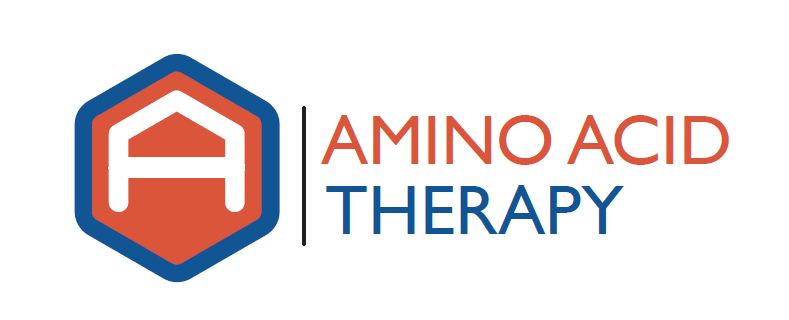There are several inhibitory neurotransmitters in the body, but the two that are thought to have the greatest and widest reaching effects are serotonin and GABA (gamma amino butyric acid).
Most people know of serotonin in relation to mood and a class of drugs known as selective serotonin reuptake inhibitors (SSRIs) – including Paxil, Prozac, Zoloft, Celexa, Lexapro and Luvox. However, most people do not know that most of the serotonin in the body is produced and found in the intestine (approximately 90%) and the remainder is mostly found in the brain and central nervous system. (7) Serotonin helps to regulate appetite, sleep, memory, learning, temperature, mood, behavior, muscle contraction, cardiovascular function and hormone balance.
GABA is an inhibitory neurotransmitter that helps with reducing anxiety, calming the mind and releasing tension. Some anti-anxiety medications like benzodiazepines (i.e., Xanax, Klonopin, Valium, Lorazepam) and barbiturates (i.e., phenobarbital, Fioricet), as well as many sleep medications (i.e., Ambien, Lunesta) work primarily by increasing the amount of GABA released in a neuron.


Does gabapentin also increase the amount of GABA released in a neuron? Does gabapentin lead to further GABA deficiency and long-term problems?
Hi Lisa,
Gabapentin is not known to affect the release, uptake or binding of GABA; however, it is structurally similar to GABA and is thought to be a potential agonist (i.e., acts like) GABA to exert its effects. To my knowledge, gabapentin use does not cause/lead to GABA deficiency,however, it may cause other neurotransmitter imbalances over time.
Hope that helps!
Dr. Chad